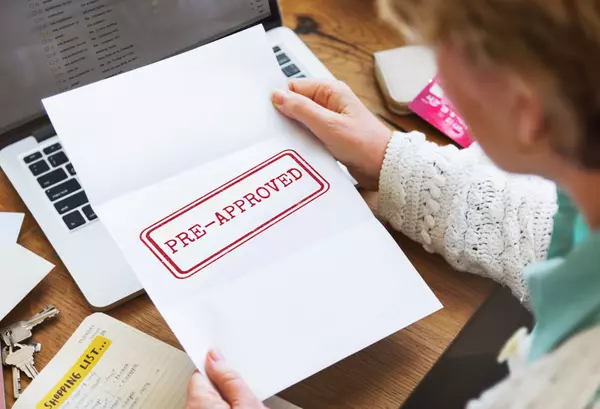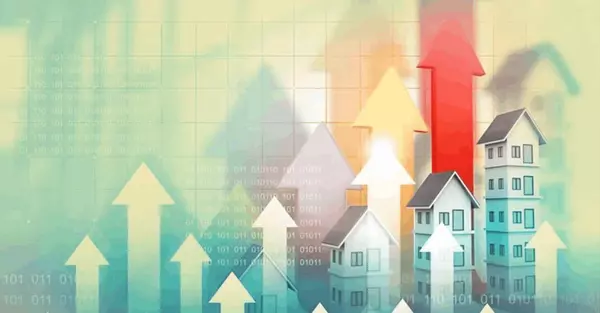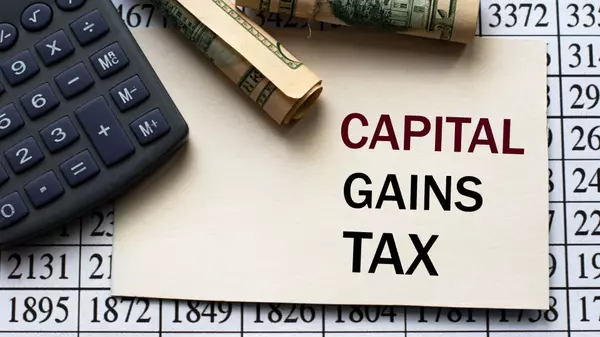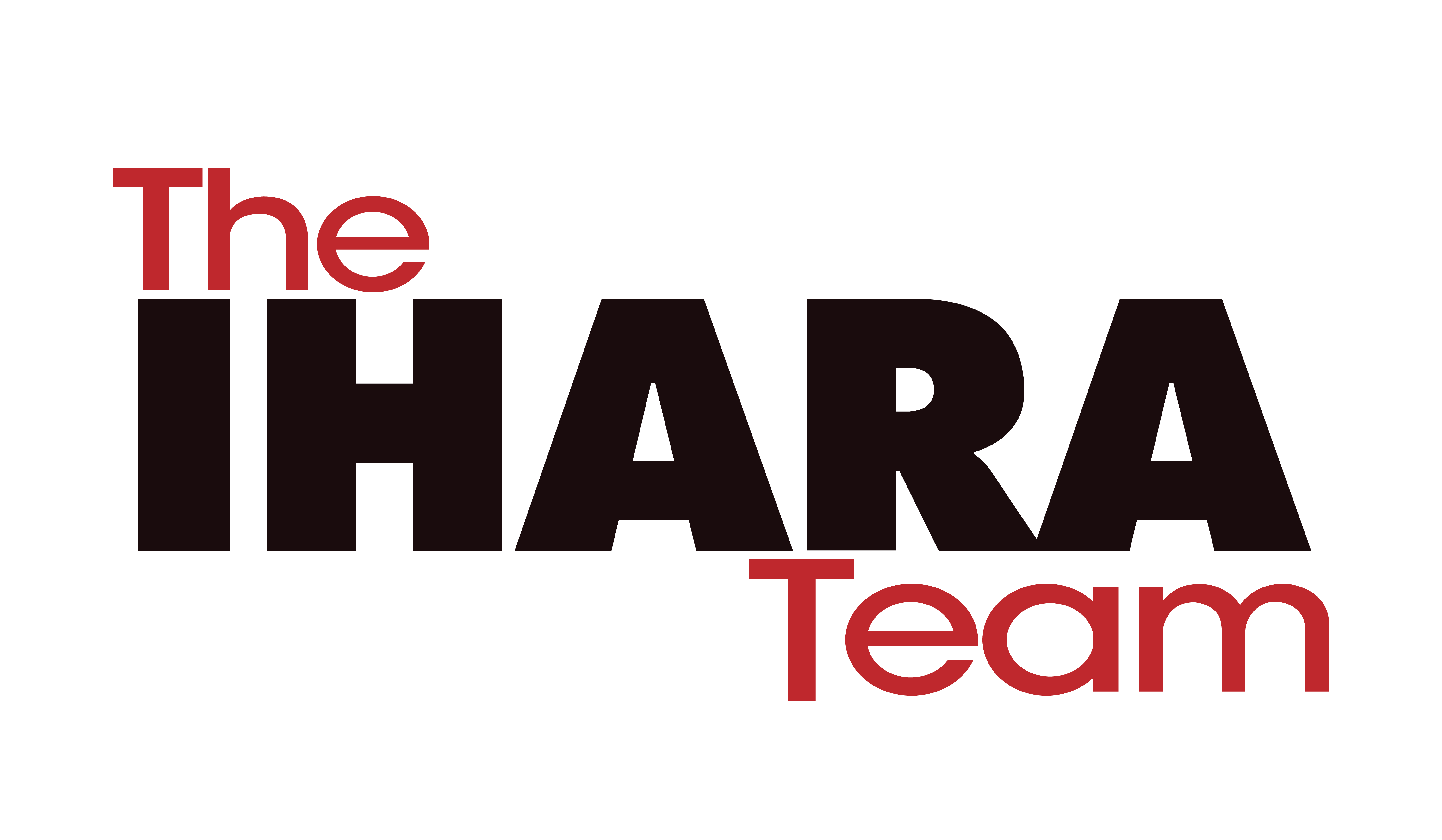Getting Preapproved: Understanding Your Budget

Buying a home is an exciting journey, but it can quickly become overwhelming without knowing what you can afford. Preapproval helps you understand your price range, giving you the confidence to navigate the home-buying process.
What Is Preapproval?
Preapproval is a formal process where a lender commits to offering you a loan up to a certain amount, pending final checks. It’s more thorough than prequalification and shows sellers you’re a highly credible buyer.
Key Difference:
- Prequalification: A quick estimate based on basic financial information.
- Preapproval: A detailed, formal evaluation requiring documentation and a credit check.
Benefits of Getting Preapproved
Here’s why preapproval is a game-changer:
- Know Your Buying Power:
Shop confidently within your price range. - Strengthen Your Offer:
A pre-approval letter is usually required 5-10 days after your offer is accepted. However, providing it upfront when you submit your offer shows the seller you can afford the home and are ready to close. This makes your offer more attractive compared to other competing buyers. - Save Time:
Focus your search on homes that match your budget and avoid unnecessary delays.
Steps to Get Preapproved
Follow these steps to get preapproved for your home loan:
- Gather Your Financial Documents:
- Proof of income: Pay stubs, W-2s, or tax returns.
- Debt details: Information on student loans, car payments, and credit cards.
- Bank statements: Show your savings and any assets you own.
- Research and Choose a Lender:
- Look for lenders with competitive rates, strong reputations, and positive reviews.
- Pro Tip: Compare offers from multiple lenders within a short time frame to avoid affecting your credit score.
- Need help? Reach out for lender recommendations!
- Submit Your Application:
- Provide the required documents and let the lender perform a hard credit check.
- Be ready to answer any follow-up questions about your finances.
- Receive Your Preapproval Letter:
- This letter will tell you how much you’re approved to borrow.
- It gives you the confidence to make offers within your budget and shows sellers you’re serious.
Understanding Your Budget
The preapproval amount is the maximum the lender is willing to loan you based on your financial situation. However, this doesn’t mean it’s the ideal amount to spend.
- Debt-to-Income (DTI):
Lenders use DTI to determine affordability, but their limits may be higher or lower than what feels comfortable for you. Make sure your budget considers what you’re truly comfortable spending. - Additional Costs:
Discuss with your lender how other expenses—like property taxes, homeowners insurance, and HOA fees—impact your monthly payment and how much you can afford overall. - Comfort vs. Limits:
Just because you’re preapproved for $500,000 doesn’t mean you should spend it. Choose a price range that aligns with your financial comfort zone. - Rate Locks:
Interest rates can fluctuate, which might affect your monthly payment and total affordability. Ask your lender if you can lock in your interest rate and how long the rate lock is valid. Securing a rate lock early can protect you from rising rates during your home search.
Common Mistakes to Avoid
Making Big Purchases Before Closing:
Financing a car or adding new debt can change your debt-to-income ratio (DTI) and lower your credit score. This could lead to your final loan approval being denied, meaning you won’t be able to buy the home anymore.
Forgetting Hidden Costs:
Closing costs, moving expenses, inspection and appraisal fees, insurance, and property taxes can quickly add up. Make sure to budget for these costs.
Making Large Cash Deposits Without Documentation:
Lenders need to verify the source of all funds. Unexplained deposits can delay or jeopardize your loan approval.
Switching Jobs or Reducing Income Before Closing:
Changes in your job or income can make lenders question your ability to repay the loan, risking denial of final approval.
Not Locking in Your Interest Rate:
If you don’t lock your rate, you’ll be subject to interest rate changes. If rates rise before you close, your monthly payment could increase, making your loan less affordable.
FAQ: Preapproval
Can I get preapproved with bad credit?
- Yes, but your loan options may be limited, and you might face higher interest rates. Improving your credit before applying can help you qualify for better terms.
How much does preapproval cost?
- Preapproval is usually free, but some lenders may charge a small fee for processing. Always confirm with the lender before applying.
Does preapproval affect my credit score?
- Yes, it involves a hard credit check, but the impact is typically minimal. If you’re speaking with multiple lenders, try to have all credit checks performed within the same 14-day window. This minimizes the impact on your credit score, as these inquiries will count as a single inquiry for mortgage purposes.
How long does preapproval last?
- Most preapproval letters are valid for 60-90 days.
Does getting preapproved mean I’m guaranteed a loan?
- No, preapproval is not a loan guarantee. Final approval depends on additional checks during underwriting, like verifying your income, assets, and credit at the time of closing.
What happens if my financial situation changes after preapproval?
- Changes like taking on new debt, switching jobs, or reducing income could void your preapproval. Inform your lender immediately if any changes occur.
Categories
Recent Posts










